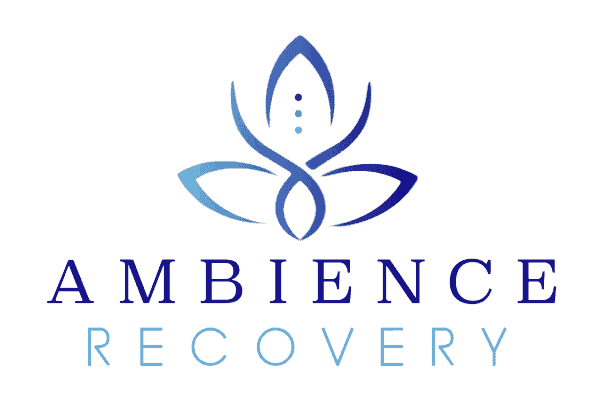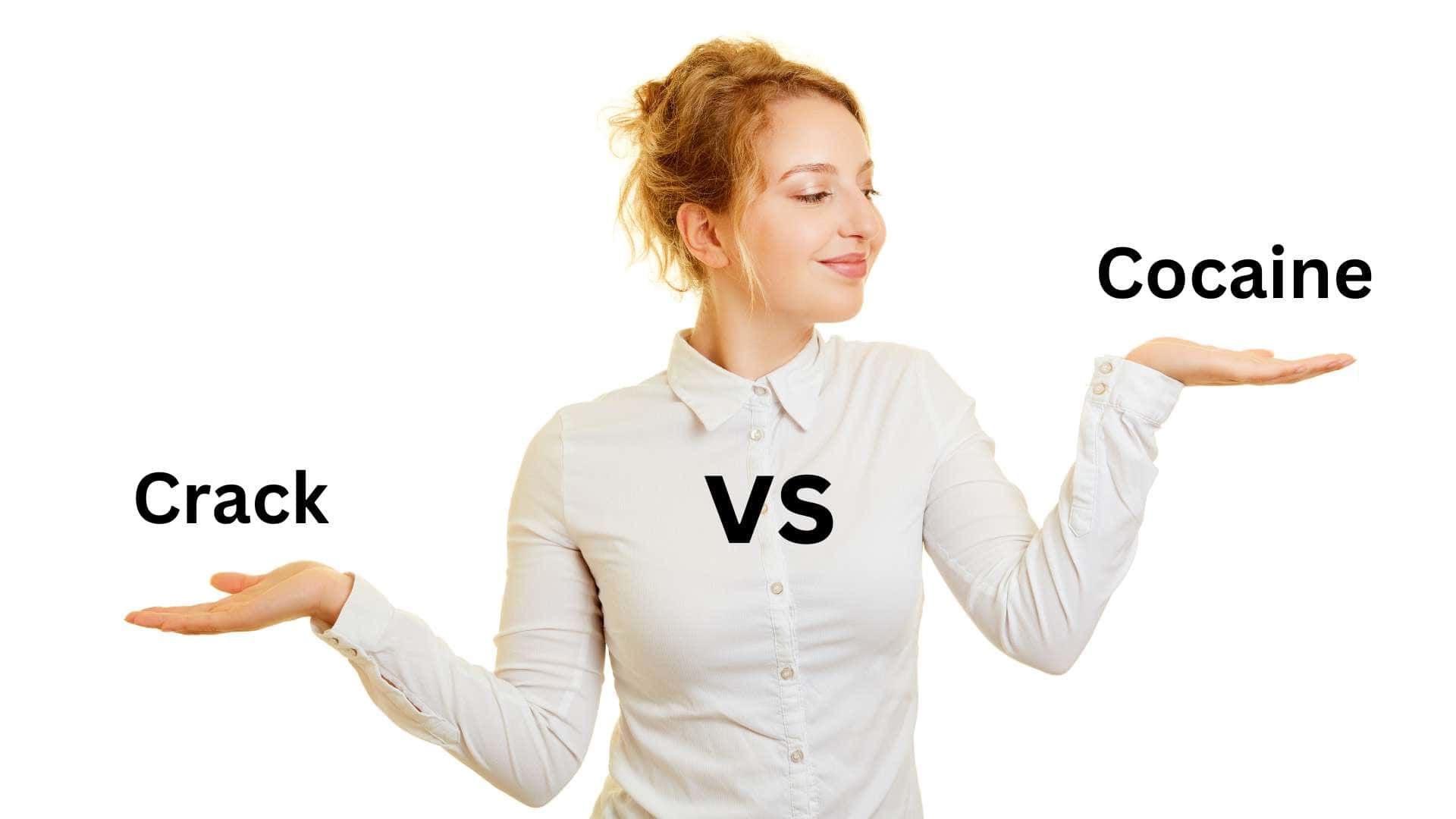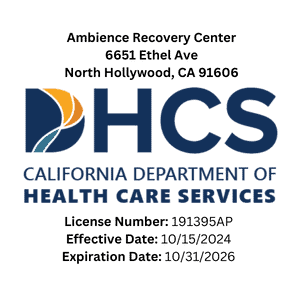Key Takeaways
- The difference between crack and cocaine comes from how they are processed and used.
- Crack cocaine is smoked and produces a more intense, short-lived high, making it highly addictive.
- Powder cocaine is usually snorted or injected and has a longer-lasting effect.
- Both forms of cocaine can lead to substance use disorder, addiction, and serious health risks.
- Addiction treatment is available to help individuals recover from cocaine and crack addiction.
Introduction
Cocaine is a highly addictive stimulant drug that comes in two main forms: powder cocaine and crack cocaine. While both forms are derived from the coca plant, they differ in chemical composition, how they are used, and their effects on the body.
Many people wonder about the difference between crack and cocaine and why one is often considered more addictive than the other. The way a person uses the drug plays a huge role in how quickly addiction develops.
This article explores the differences between crack and cocaine, their effects, risks, and how to seek addiction treatment for recovery.
What Is Cocaine?
Cocaine is a stimulant drug that affects the central nervous system by increasing dopamine levels. This creates a sense of euphoria, energy, and alertness. Cocaine use can lead to serious health risks, including addiction, heart problems, and mental health disorders.
There are two main forms of cocaine:
- Powder Cocaine (Cocaine Hydrochloride) – A fine, white powder that is usually snorted, injected, or dissolved in water.
- Crack Cocaine – A solid, rock-like substance that is smoked for an intense, short-lived high.
Although both forms are highly addictive, crack cocaine is considered more addictive due to how quickly it affects the brain.
Crack and Cocaine Abuse: Key Differences
1. Methods of Use
The way a person uses the drug affects how quickly it enters the bloodstream.
- Snorting cocaine leads to a gradual high that lasts 15 to 30 minutes.
- Injecting cocaine delivers the drug directly into the bloodstream for an immediate effect.
- Smoking crack results in an intense but short-lived high that lasts 5 to 10 minutes.
Since crack produces a more intense high, users often take repeated doses, increasing the risk of addiction and overdose.
2. Effects of Crack and Cocaine Addiction
Both crack and cocaine are similar in their effects, but crack hits faster and fades quicker, leading to repeated use.
Short-Term Effects of Cocaine Use:
- Euphoria and increased energy
- Dilated pupils and increased heart rate
- Decreased appetite
- Risky decision-making
- Anxiety or paranoia
Effects of Crack Cocaine Use:
- Immediate, intense euphoria
- Shorter high, leading to frequent use
- Increased cravings and rapid addiction development
- Higher risk of heart attack, stroke, and respiratory issues
Since crack cocaine reaches the brain faster, it is often seen as more addictive than cocaine.
3. Risk of Addiction & Substance Use Disorder
Both cocaine and crack addiction can develop quickly, leading to severe cravings and withdrawal symptoms.
- Cocaine addiction often develops over time with regular use.
- Crack addiction can develop after just a few uses due to the rapid, intense high.
Many people struggling with cocaine abuse experience financial, legal, and relationship problems due to compulsive drug use.
Health Risks of Cocaine and Crack Cocaine
Physical & Mental Health Risks
Both forms of cocaine can cause severe health issues, including:
- Heart attack or stroke due to increased blood pressure
- Respiratory failure (especially with crack smoking)
- Paranoia and hallucinations
- Depression and anxiety
- Risk of overdose
Since cocaine and crack addiction can lead to serious mental and physical health problems, seeking addiction treatment is crucial for recovery.
Legal Consequences of Crack vs. Cocaine Use
Historically, crack cocaine offenses have carried harsher legal penalties than powdered cocaine. While recent reforms have aimed to reduce these sentencing disparities, legal consequences for cocaine possession and distribution remain severe.
Treatment for Cocaine & Crack Addiction
1. Detox & Withdrawal Management
Stopping cocaine or crack use can lead to withdrawal symptoms, including:
- Depression and fatigue
- Intense cravings
- Anxiety and irritability
Medical detox helps individuals safely manage withdrawal symptoms under medical supervision.
2. Behavioral Therapy & Counseling For Crack or Cocaine Addiction
Effective addiction treatment includes:
- Cognitive Behavioral Therapy (CBT) to change thought patterns and behaviors.
- Group therapy for peer support.
- Individual counseling to address personal triggers.
3. Long-Term Recovery Support for Cocaine and Crack Addiction
Ongoing treatment through support groups like Cocaine Anonymous and relapse prevention programs can help individuals maintain sobriety.
If you or someone you know is struggling with addiction, seeking professional treatment is the first step toward recovery from cocaine.
Conclusion
Although crack and cocaine are different drugs, both are highly addictive substances with severe health risks. Crack cocaine is processed differently, making it faster-acting and more addictive than powder cocaine.
If you or a loved one is struggling with cocaine addiction, help is available. Contact Ambience Recovery at 866-721-7470 to start your journey toward recovery today.
FAQs About Crack vs Cocaine
What is the difference between crack and cocaine?
The difference between crack and cocaine is in how they are made and used. Powder cocaine is snorted or injected, while crack cocaine is smoked for a more intense high.
Which is more addictive, crack or cocaine?
Crack cocaine is more addictive than powder cocaine because it enters the brain faster, leading to a short but intense high, increasing the risk of addiction.
What are the health risks of crack and cocaine use?
Both cocaine and crack addiction can cause heart attacks, strokes, mental health disorders, and respiratory issues.
Can you recover from cocaine addiction?
Yes. Addiction treatment programs, including detox, therapy, and relapse prevention, can help individuals achieve long-term recovery.
Where can I get help for cocaine addiction?
If you or a loved one is struggling with cocaine abuse, call Ambience Recovery at 866-721-7470 for professional support and treatment options.
Resources
https://pubmed.ncbi.nlm.nih.gov/8918856/
https://www.dhs.state.il.us/page.aspx?item=33604
https://www.dea.gov/factsheets/cocaine
Katie is a Licensed Clinical Social Worker who has worked as a primary therapist, supervisor, and now clinical director for SUD/MH treatment centers for the past 12 years. Katie is trained in Brainspotting, EMDR, Internal Family Systems and Dialectical Behavior Therapy and is passionate about treating substance use disorders, trauma and grief.






